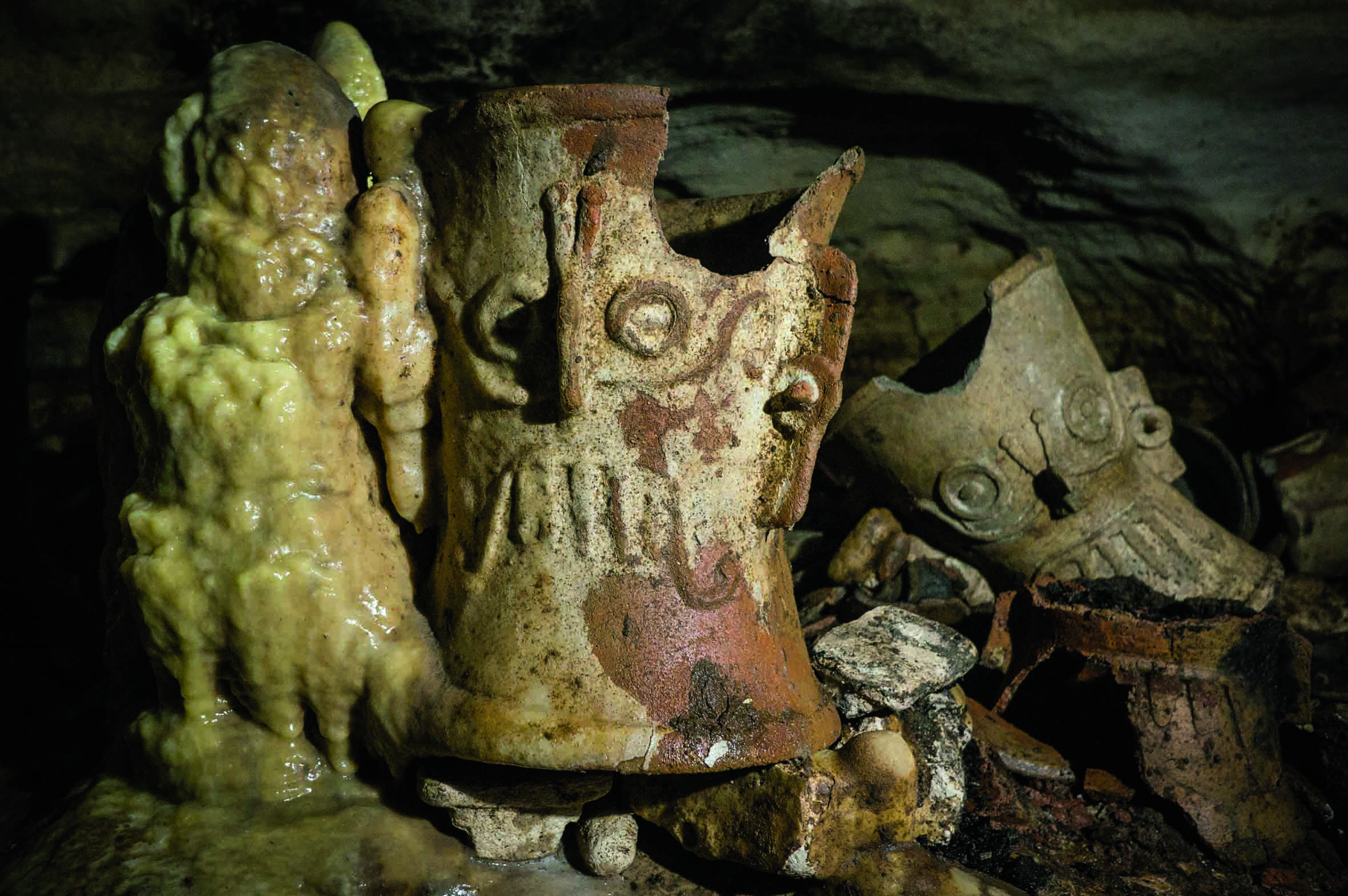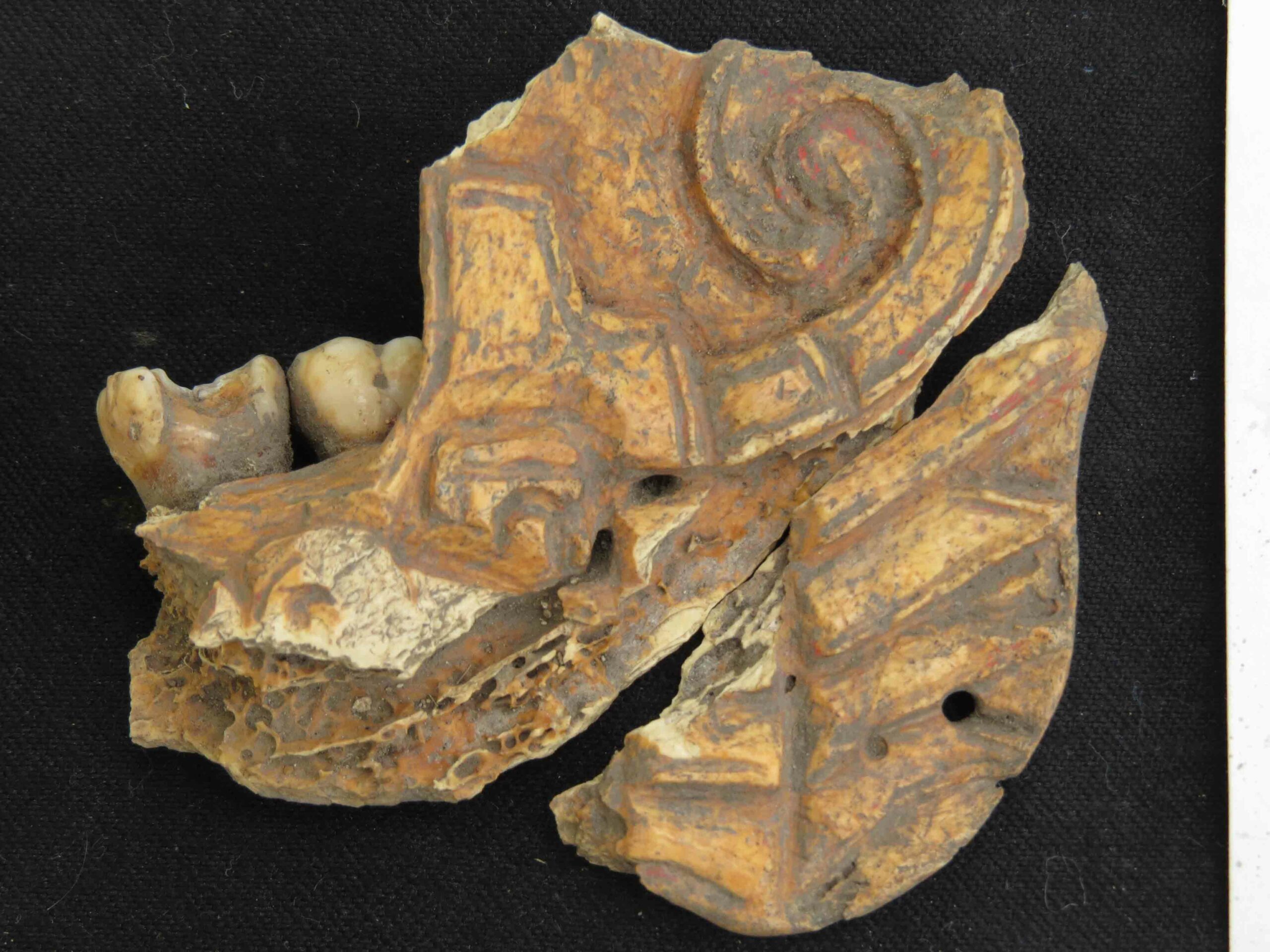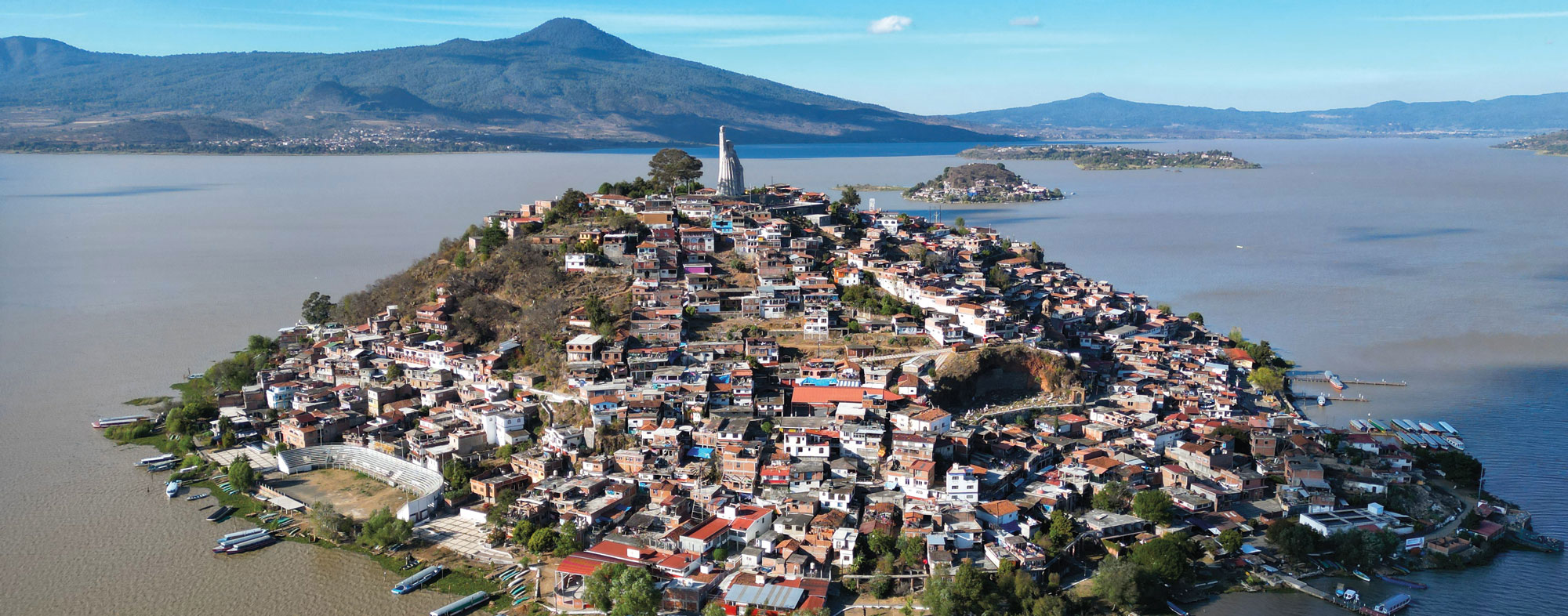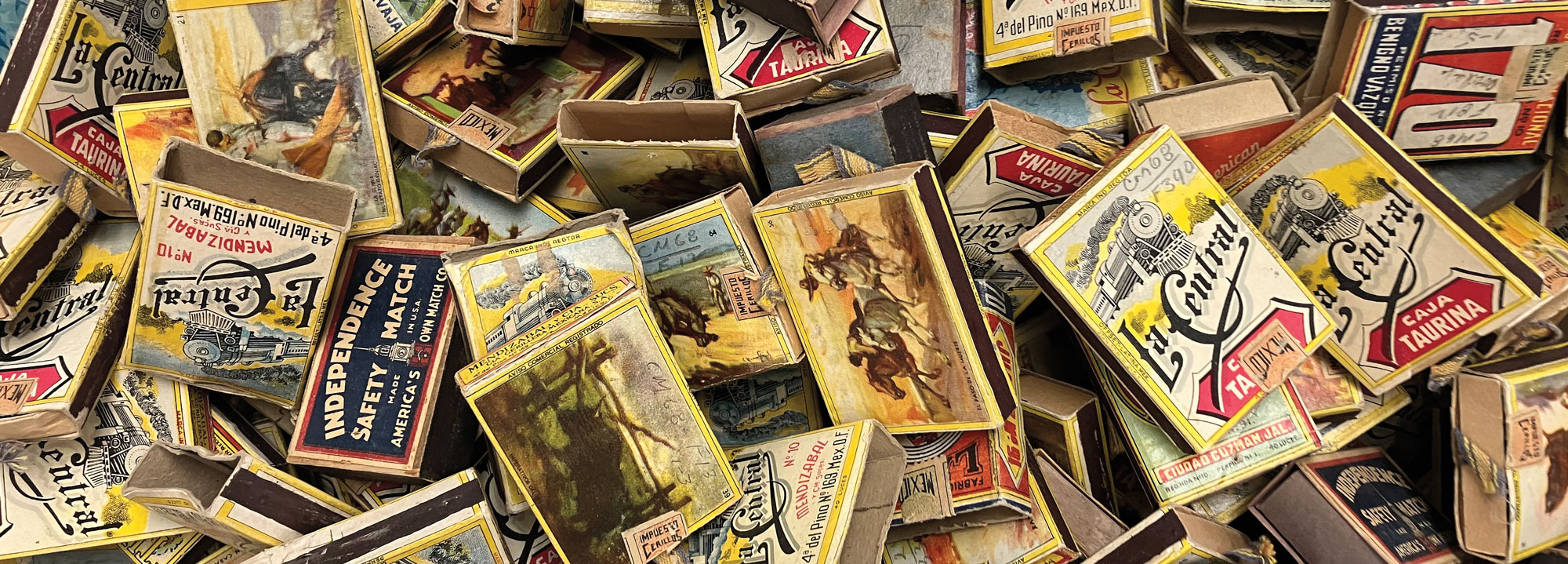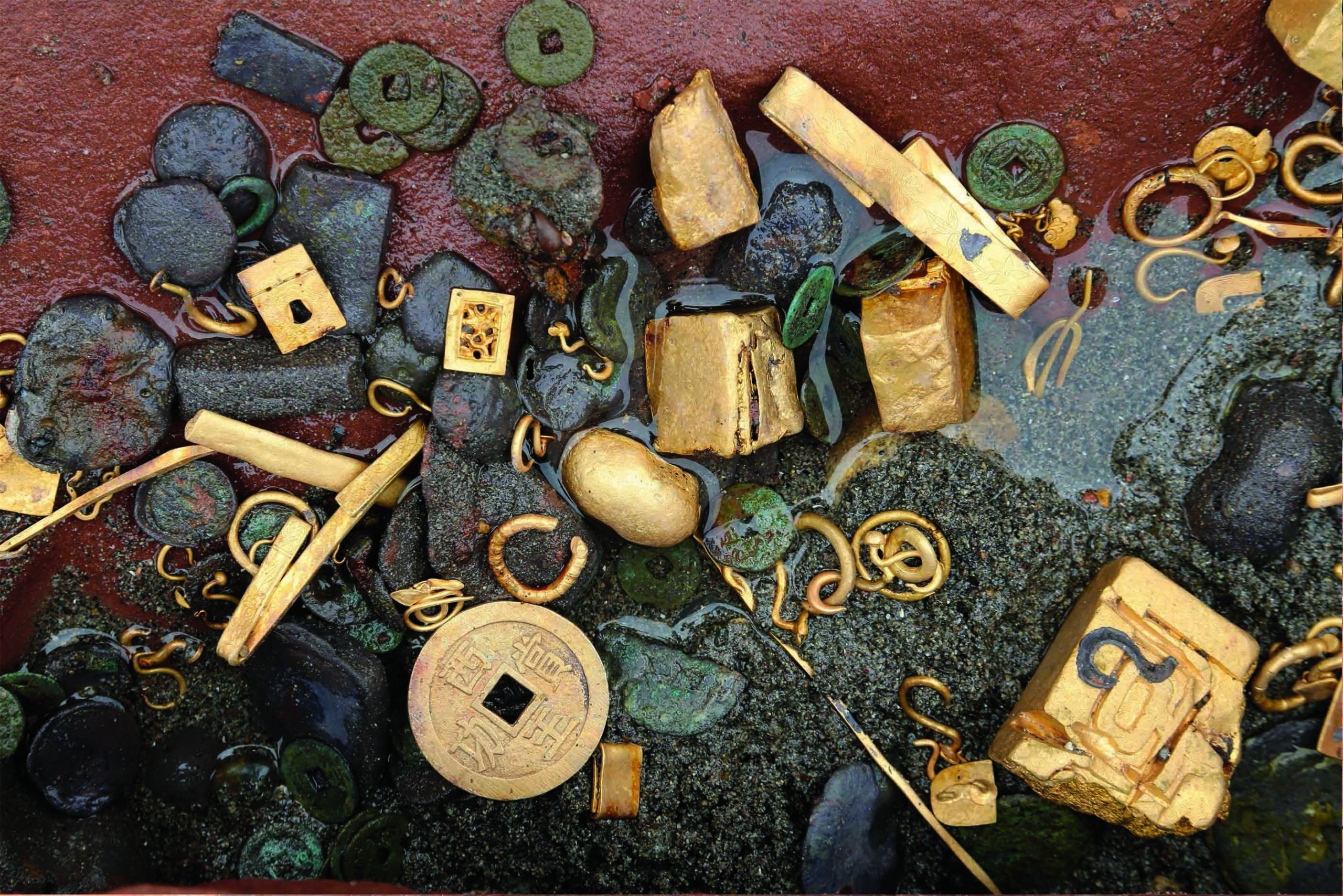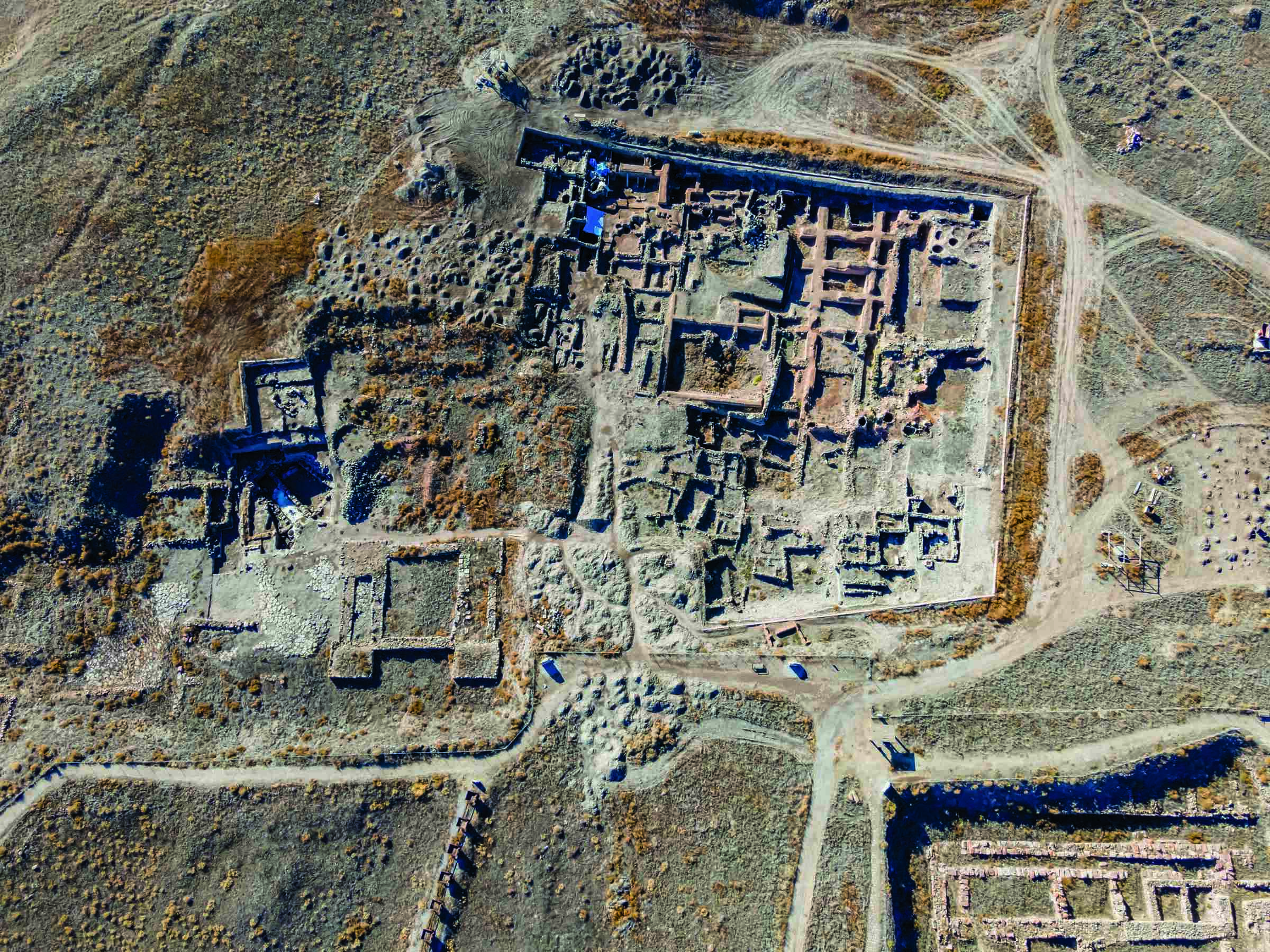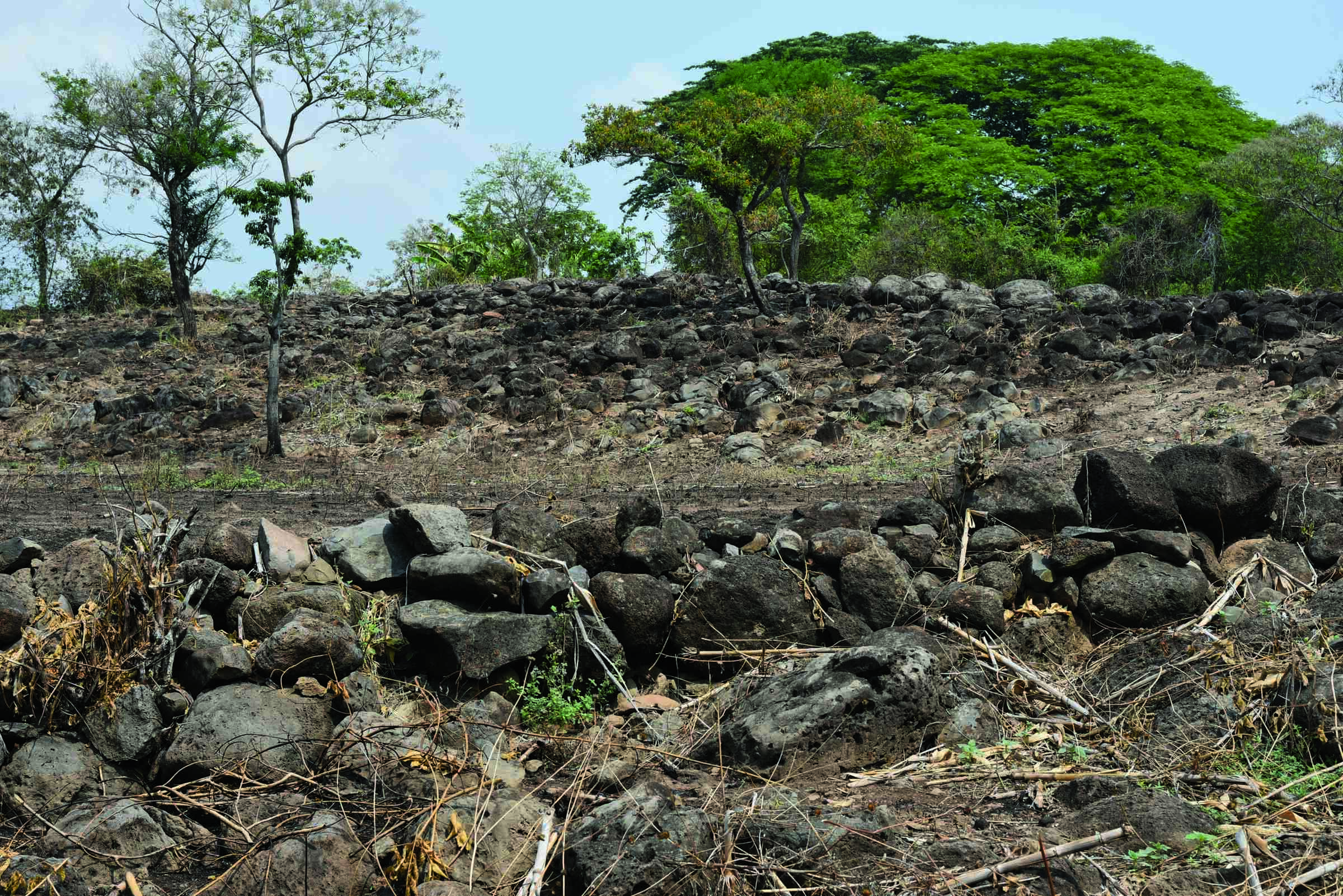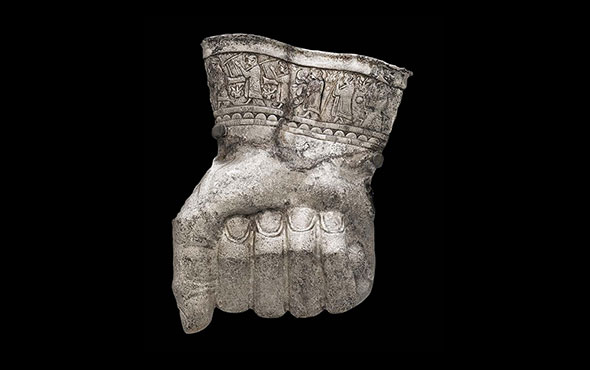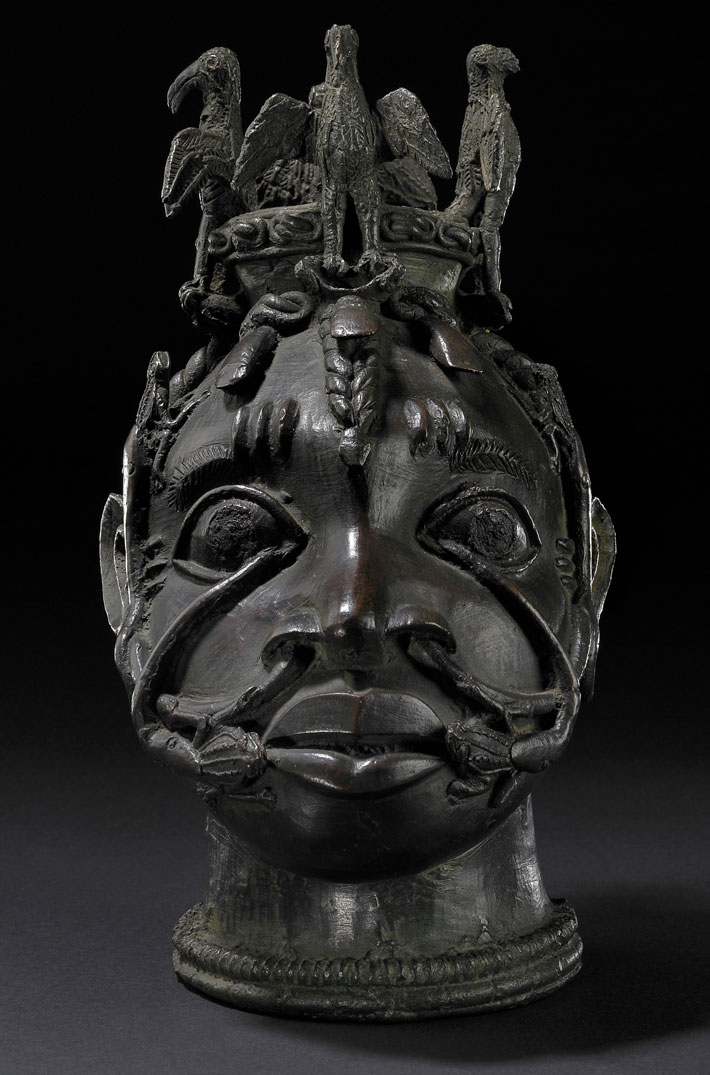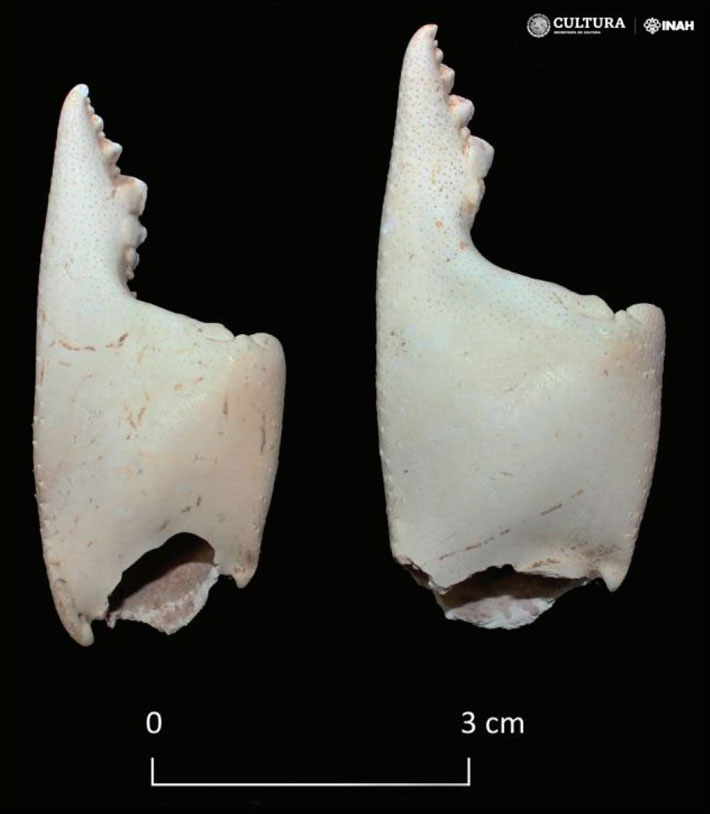
CHIAPAS, MEXICO—Newsweek reports that the fragile remains of more than 1,300 freshwater crabs have been found in two deposits at the palace complex at Palenque, a Maya city in southeastern Mexico. Crabs, which were considered to be symbolic of regeneration, may have been chosen for a ritual to commemorate milestones in the construction of the palace between A.D. 500 and 700, according to Carlos Varela Scherrer and his colleagues at Mexico’s National Institute of History and Anthropology. “For the ancient Maya, it was important to hold ritual banquets where food was shared between the participants and the deities,” Scherrer explained. The food and other objects were then burned, placed in pits in the floor, and covered with dirt. A stucco head thought to represent a ruler of Palenque, a ceramic vessel depicting a Maya deity, and a pipe in the shape of a river prawn were also recovered from these pits. “The recovery of crabs in Palenque opens new interpretations about the use of fauna and its cuisine,” Scherrer concluded. To read about another discovery at Palenque, go to "Inside a Painted Tomb."


